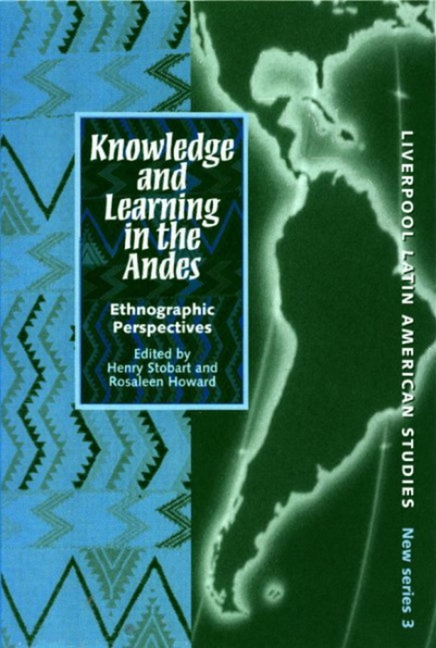Introduction
Summary
Background to the volume
The chapters collected here are based on papers delivered at a round-table conference held at Darwin College, University of Cambridge, on 30 November–1 December 1996. In the original title of the conference was the Quechua word watunakuy, which expresses the idea of a mutual request for information between two parties, a cooperative activity of ‘finding out’. In this spirit, the meeting aimed to explore current research into the ways in which Andean peoples create, transmit, maintain and transform their knowledge in culturally significant ways, and how processes of teaching and learning relate to these. The focus was on the diverse ideologies and practices surrounding the production and reception of knowledge, and the activities of teaching and learning, within the many varied sectors of Andean society. The contributions come from researchers in anthropology, sociology, cultural studies and linguistics, including cross-disciplinary approaches, and cover a diverse geographic area from Ecuador to Peru, Bolivia and northern Chile.
Colliding realms of knowledge
A particular feature of Latin American cultural history is the collision of radically different epistemologies, stemming from the early colonial period. In the Andean region, this clash is epitomised by Atahuallpa's reported rejection of the Bible on the square at Cajamarca in 1532. That event is invoked in popular representations of history to this day (see e.g. Millones 1992), and provides a powerful metaphor for the breakdown of communication resulting from the mutual impact of two contrasting systems of knowledge. This communication breakdown, along with political, religious, economic and military aspects of the Conquest, was to reconfigure social structural relationships, providing a framework for the cultural and linguistic hegemony that has operated in the Andes ever since.
From this reconfiguration has sprung a series of widely recognised dichotomies, at the heart of which is a perceived divide between so-called Western ‘scientific’ and Andean ‘practical’ knowledges. This perception, in turn, has tended to be constructed as a hierarchy rather than simply as difference, and has generated a multiplicity of cultural assumptions and stereotypes.
- Type
- Chapter
- Information
- Knowledge and Learning in the AndesEthnographic Perspectives, pp. 1 - 14Publisher: Liverpool University PressPrint publication year: 2002



